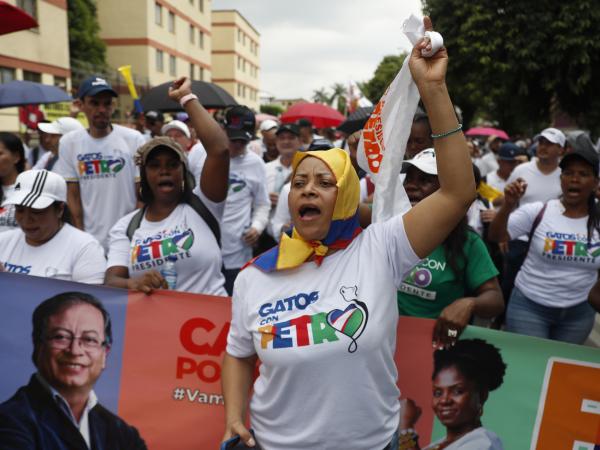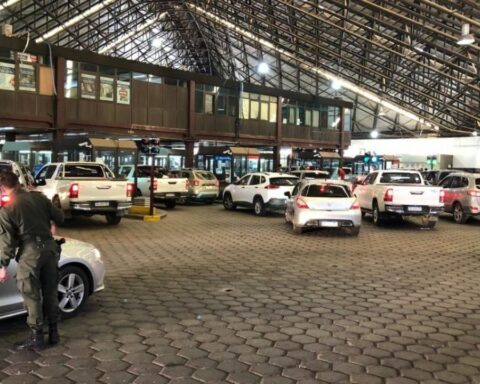The general director of the Carabineros, Ricardo Yáñez, remained silent during the interrogation of whom he was summoned as a defendant in the investigation that links him to the crime of “omission” of having done what was necessary to prevent illegitimate pressures committed by some police officers during the “outburst social”.
The investigation, in the hands of the head of the High Complexity Unit of the North Central Metropolitan Prosecutor’s Office, Ximena Chong, seeks to clarify the responsibilities of the high command in the events carried out by the uniformed police during the massive demonstrations at the end of 2019, actions by which the institution was targeted by various international organizations as a result of “generalized violations” of human rights.
You may also like:
“He is specifically charged with the crime of illegitimate pressure by the murderer. That is, not having carried out actions aimed at preventing the illegitimate pressure and torture that took place during a certain period from materializing. This, in his previous role in the institution, when he served as director of Order and Security”, Prosecutor Chong told the press, after arriving at the Carabineros building, where she was received by Yáñez.
After proceeding with the diligence in the General Directorate of Carabineros, the prosecutor stated that “they have the right to remain silent and I insist that this cannot represent any adverse legal consequence for the accused. In this context, in the circumstance that it is the general director of the Carabineros, the rights of any citizen do not change.
Chong added that “the investigation continues regardless of the collaboration it can deliver, notwithstanding what its lawyers have pointed out, most likely that in a maximum time horizon of 3 months, it could be in a position to give statements.”
The persecutor specified that the “declaration does not constitute a prerequisite for any type of decision to be made, nor a termination decision, nor a decision to advance in line with a formalization.”
Yáñez was summoned as a defendant last September, but the officer managed to postpone the appointment twice.
This investigation began in 2019 in Valparaíso and focused on the current head of the Carabineros for his role as director of Order and Security at the time of the outbreak of the massive mobilizations in the country.
Yáñez already testified as a defendant in February 2022, when –also in command of the militarized institution– he was summoned by the chief prosecutor of Valparaíso, Claudia Perivancich, who was in charge of the investigation in the first phase.
At the end of 2019, Chile experienced the most serious social crisis since the end of the Augusto Pinochet dictatorship (1973-1990), which began as a protest against the rise in the price of the subway ticket and became a cry for a model fairer economy and more social rights. The riots left more than thirty dead and thousands injured, accusations of widespread human rights violations against the security forces by the United Nations and Human Rights Watch, as well as episodes of violence that led the Prosecutor’s Office to open more of 5,000 cases for crimes committed in the marches.
To channel social discontent through institutional channels, politicians from all sectors agreed on a constituent process to leave behind the magna carta written during the dictatorship and later reformed in 2005. The proposal for a new fundamental law was rejected by 60% of the population and today the constituent discussion lives a second phase with new elections next May to form a new drafting body.








